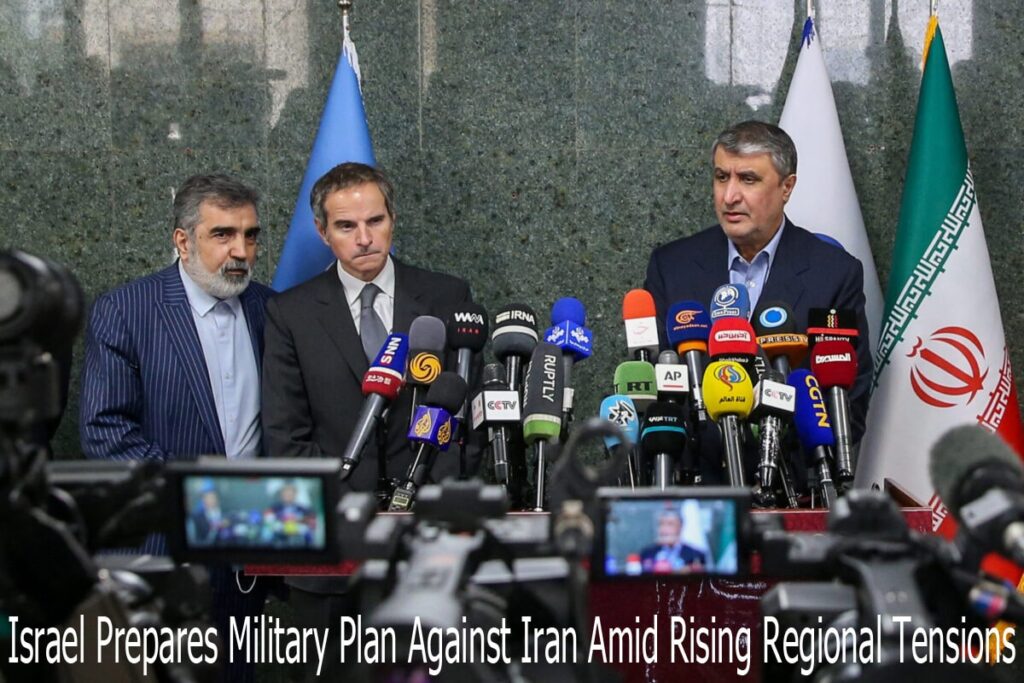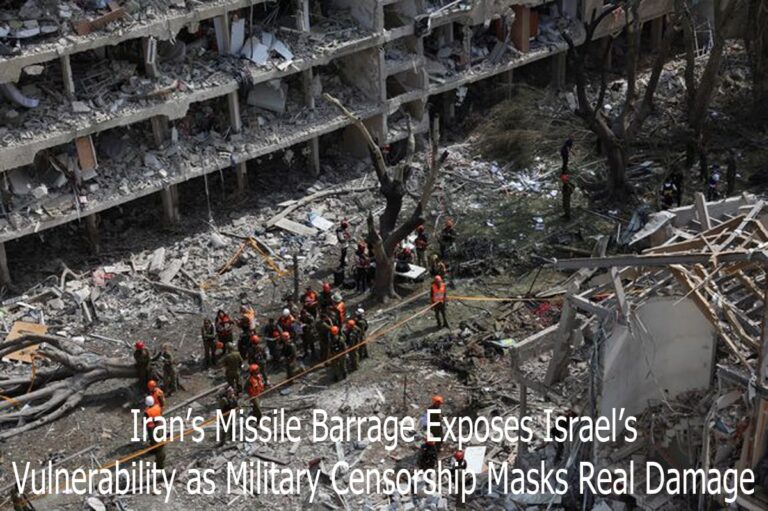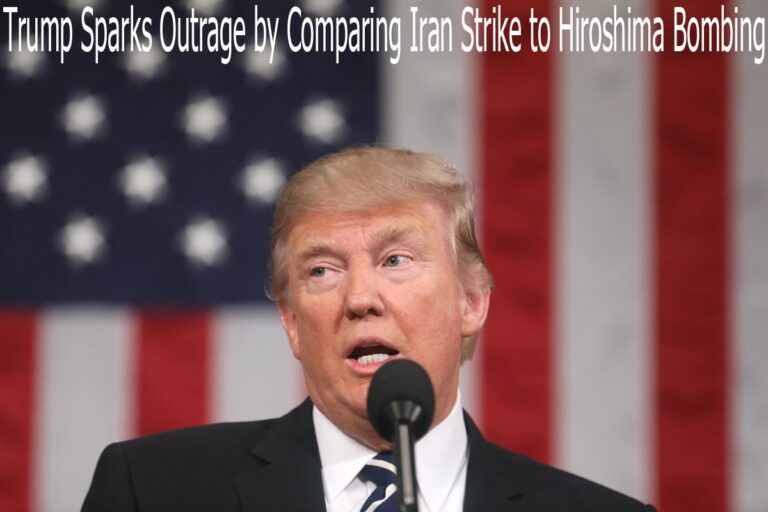
Israel Prepares Military Plan Against Iran
Israel’s Defense Minister Israel Katz has instructed the Israel Defense Forces (IDF) to develop a comprehensive “enforcement plan” against Iran, signaling a significant escalation in the long-standing tensions between the two regional powers. The directive comes just days after the conclusion of a brief but intense conflict that saw unprecedented military exchanges between Israel and Iran.
A Strategic Shift in Israeli Defense Policy
In an official statement posted on social media, Katz outlined a new Israeli defense doctrine that centers on three main objectives: maintaining Israeli air superiority, halting Iran’s nuclear and missile development, and delivering direct retaliation against Iran for its continued support of anti-Israeli militant groups.
“This is not just a message to Iran. A change in strategy is underway. The time of immunity is over,” Katz stated, referencing Iran’s direct involvement in coordinating threats through proxies like Hezbollah, Hamas, and Islamic Jihad.
The defense minister’s remarks also included references to Operation Rising Lion, a recent 12-day military operation widely seen as a prelude to broader action. Katz emphasized that the operation served as a warning to Iran, and that Israel is now implementing a long-term plan that could involve direct military strikes on Iranian territory.
U.S. Backing and Regional Implications
Adding to the gravity of the announcement, Katz claimed that Israel has received a “green light” from the United States to carry out limited military operations if Iran continues its current path, particularly in expanding its nuclear capabilities. While U.S. officials have not confirmed this directly, sources suggest that high-level coordination between Washington and Jerusalem is ongoing.
Former U.S. President Donald Trump, in a controversial statement, claimed credit for averting a targeted Israeli operation aimed at Iran’s Supreme Leader Ayatollah Ali Khamenei, stating that his intervention “saved Khamenei from an ugly and ignominious death.” Trump also warned that future strikes against Iranian leadership remain “absolutely” possible if Tehran provokes further escalation.
Flashpoints: Missile Strikes and Ceasefire
Earlier this month, Iran fired waves of drones and ballistic missiles into Israel, putting the region on the verge of full-scale conflict. Dozens of the projectiles were intercepted by Israeli air defense systems, but some managed to reach targets in central Israel. The IDF responded with precision airstrikes deep inside Iranian territory, reportedly damaging key military and nuclear facilities, including missile production sites and centrifuge plants in Tehran and Karaj.
While a temporary ceasefire was brokered with the help of international mediators, including the United States and the European Union, both sides have since signaled that the truce is fragile. Intelligence sources confirmed that Iran launched retaliatory strikes on a U.S. base in Qatar before accepting terms for the ceasefire.
Iran Responds: “We Will Not Surrender”
In response to the Israeli military directive and Trump’s remarks, Iran issued strong warnings. Supreme Leader Ayatollah Khamenei delivered a public address declaring that the Islamic Republic “will never surrender,” and that any attempt to undermine Iran’s sovereignty would be met with “unforgettable consequences.”
Iranian Foreign Minister Abbas Araghchi added, “If the enemies miscalculate again, we will unveil our real capabilities. Any further provocation will not be tolerated.”
While Iranian officials publicly downplayed the extent of the damage caused by Israeli strikes, satellite imagery and reports from the International Atomic Energy Agency (IAEA) confirmed significant disruption to Iran’s nuclear enrichment infrastructure.
Global Reactions and Risk of Wider War
The international community has expressed growing concern over the possibility of another Middle East war. The United Nations has called for restraint, while European Union officials are urging both sides to return to diplomatic channels. Russia and China have also warned that continued hostilities could destabilize the broader region.
Analysts suggest that the current Israeli defense strategy indicates a shift from reactive military posture to a more proactive containment doctrine aimed directly at Iran’s regional ambitions. The situation remains highly volatile, with both sides engaging in military posturing and information warfare.
Outlook
As Israel begins implementing its new military planning against Iran, the potential for renewed conflict remains high. With both nations locked in an ideological and strategic rivalry, any miscalculation could ignite a much broader war — one that might draw in multiple global powers and reshape the balance of power in the Middle East.






